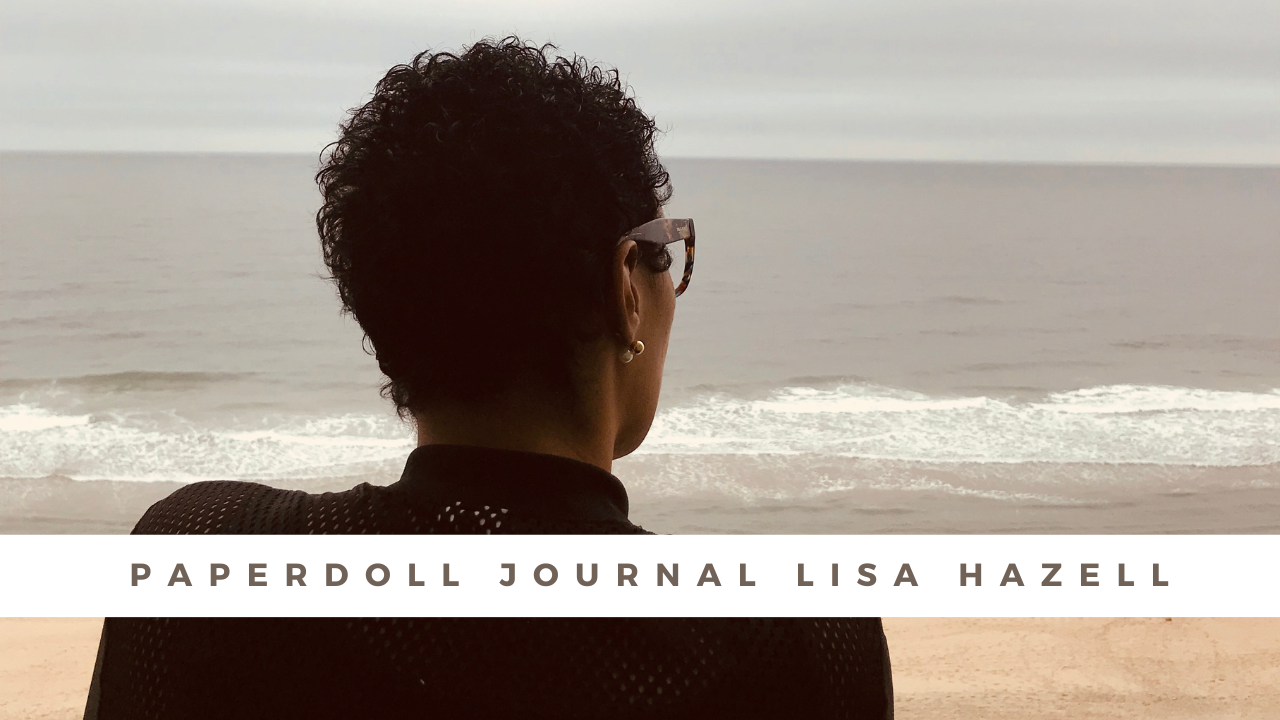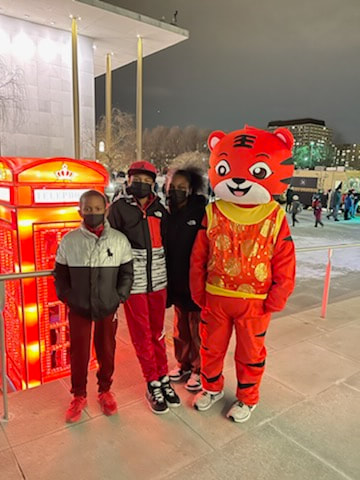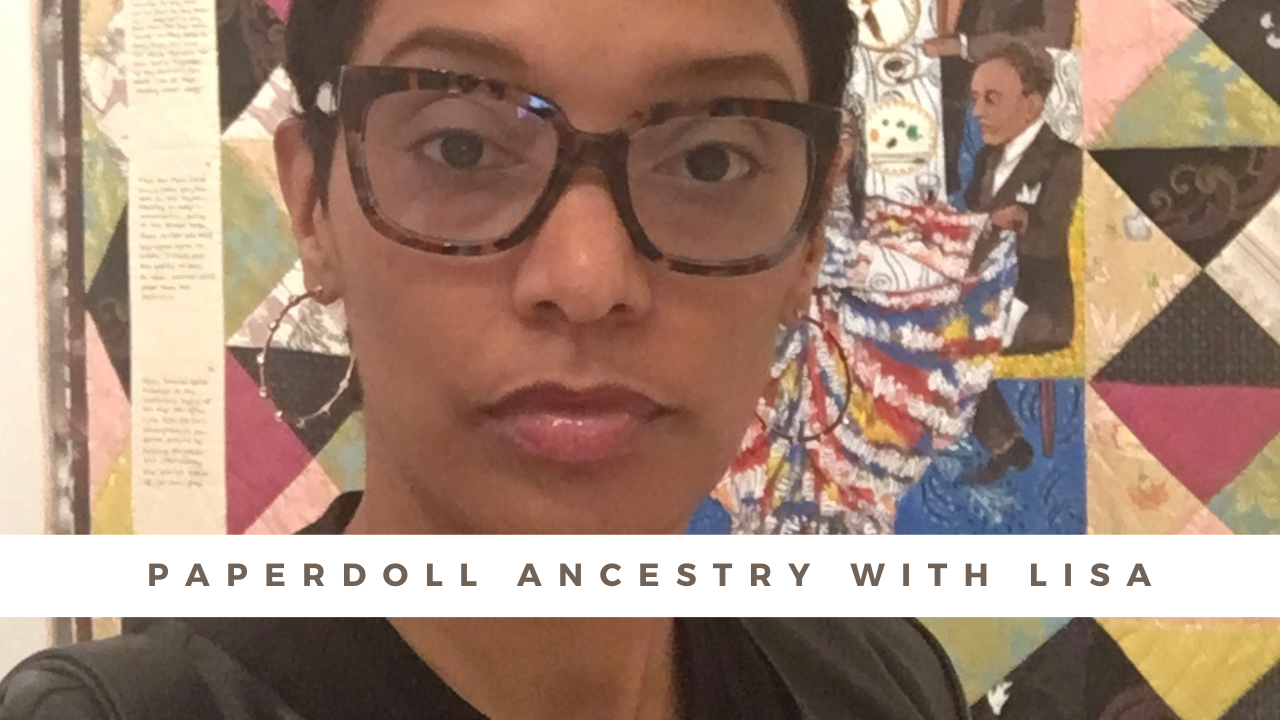Paperdoll JOurnal
living in the present,
looking to the future.
lisa Hazell
Exploring my family roots and history, I gain valuable insights into my own self-discovery, personal growth, and a living legacy. I learn about my ancestors’ struggles and achievements, their culture and values, and their hopes and dreams. I feel a deeper connection to myself and my heritage.


